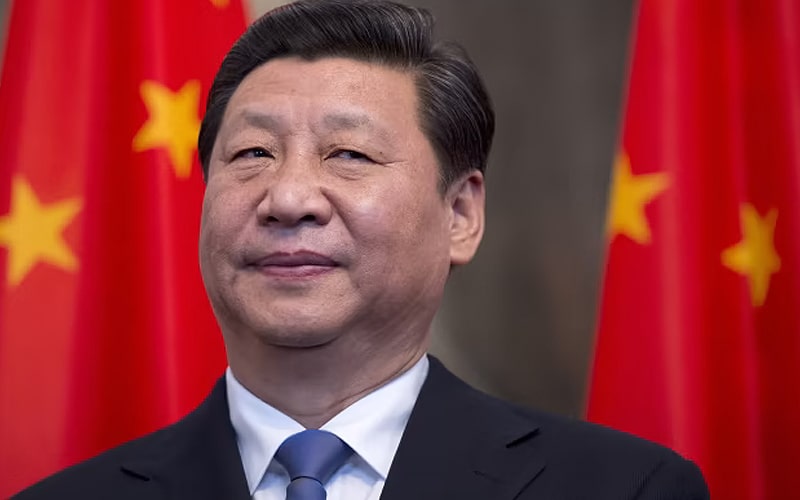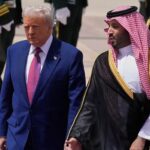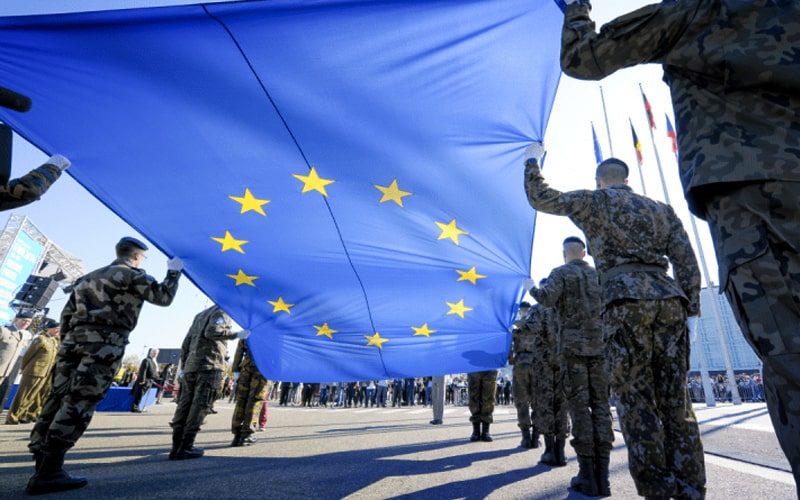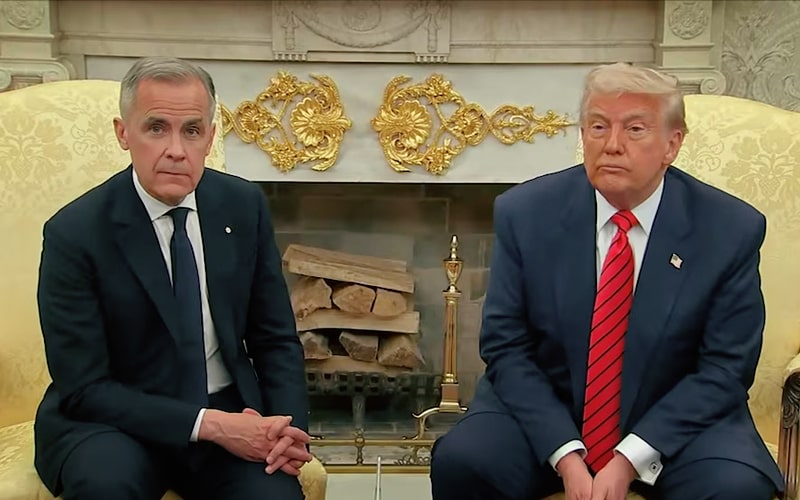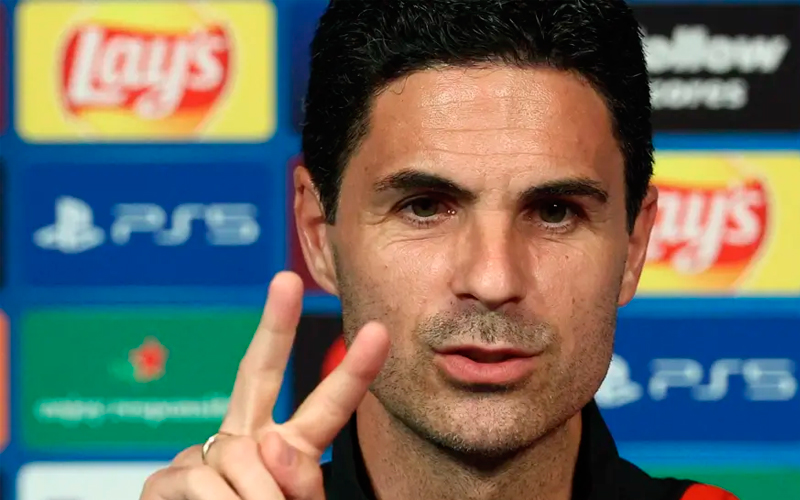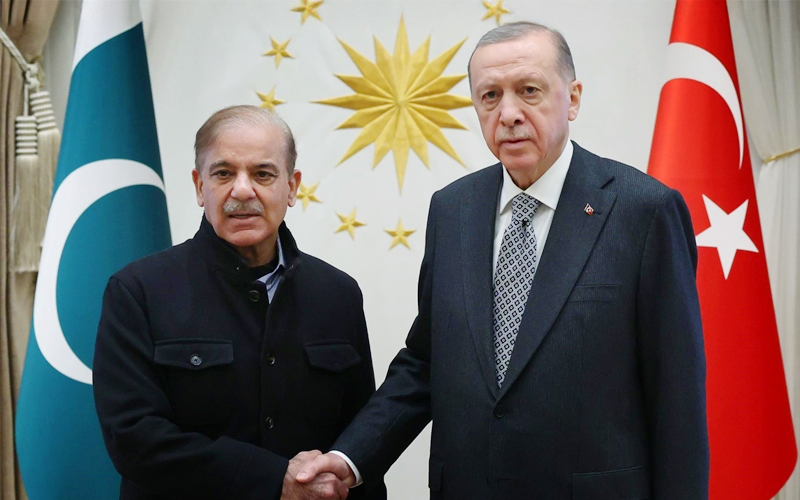Chinese leader warns against hegemonism during summit with Latin American leaders, following major trade agreement with US Xi’s Warning Comes After Surprise Tariff Truce Just a day after the United States and China agreed to drastically roll back tariffs in a 90-day trade war truce, Chinese President Xi Jinping delivered a veiled rebuke to Washington, warning that “bullying and hegemonism” only lead to self-isolation. Speaking at the China-CELAC Forum in Beijing on Tuesday — attended by the presidents of Brazil, Chile, and Colombia — Xi emphasized that there are “no winners in trade wars,” a clear reference to the prolonged US-China tariff conflict under President Donald Trump. 🔗 Read more on the US-China tariff truce from Reuters China Sees Truce as Victory for Multilateralism State media and officials in Beijing celebrated the agreement as a “major victory” for China’s firm stance in defending multilateral trade principles. The truce brings US tariffs on Chinese imports down from 145% to 30%, while China's levies on US goods fall from 125% to 10%, per the joint statement released on Monday. 🔗 Details of the tariff rollback in the official White House executive order Xi’s comments were echoed by prominent Chinese scholars and commentators like Hu Xijin, who called the outcome “a triumph for international trade norms.” He emphasized that China’s resolve sent a clear message that “equality and mutual respect” must govern global trade. Xi Vows Deeper Ties With Latin America In his keynote speech, Xi pledged $9.2 billion in credit to Latin …
Amelia
Amelia
Topics:

Chinese leader warns against hegemonism during summit with Latin American leaders, following major trade agreement with US
Xi’s Warning Comes After Surprise Tariff Truce
Just a day after the United States and China agreed to drastically roll back tariffs in a 90-day trade war truce, Chinese President Xi Jinping delivered a veiled rebuke to Washington, warning that “bullying and hegemonism” only lead to self-isolation.
Speaking at the China-CELAC Forum in Beijing on Tuesday — attended by the presidents of Brazil, Chile, and Colombia — Xi emphasized that there are “no winners in trade wars,” a clear reference to the prolonged US-China tariff conflict under President Donald Trump.
🔗 Read more on the US-China tariff truce from Reuters
China Sees Truce as Victory for Multilateralism
State media and officials in Beijing celebrated the agreement as a “major victory” for China’s firm stance in defending multilateral trade principles. The truce brings US tariffs on Chinese imports down from 145% to 30%, while China’s levies on US goods fall from 125% to 10%, per the joint statement released on Monday.
🔗 Details of the tariff rollback in the official White House executive order
Xi’s comments were echoed by prominent Chinese scholars and commentators like Hu Xijin, who called the outcome “a triumph for international trade norms.” He emphasized that China’s resolve sent a clear message that “equality and mutual respect” must govern global trade.
Xi Vows Deeper Ties With Latin America
In his keynote speech, Xi pledged $9.2 billion in credit to Latin American and Caribbean nations through yuan-denominated lines of credit — an effort to deepen economic links and expand yuan internationalization in the region.
🔗 Background on China’s expanding trade with Latin America via SCMP
China is already the top trading partner for countries like Brazil, importing over 70% of its soybean exports last year.
Xi’s remarks came during the China-CELAC Forum’s fourth ministerial summit. CELAC — the Community of Latin American and Caribbean States — is seen as a key diplomatic platform through which China challenges US dominance in the Western Hemisphere.
Strategic Implications of the Truce
Despite the temporary thaw, tensions remain. The Trump administration’s 20% fentanyl-related tariffs will remain in place, as will China’s retaliatory measures.
🔗 Details of fentanyl-related tariffs from Politico
Experts say the truce serves as a pause in escalating tensions, offering both economies a chance to stabilize markets and preserve diplomatic capital. According to Wang Yiwei of Renmin University, the truce allows “a gradual treatment approach” rather than shock therapy — acknowledging that deep economic interdependence demands cooperation, not coercion.
Subscribe to Our Newsletter
Keep in touch with our news & offers



